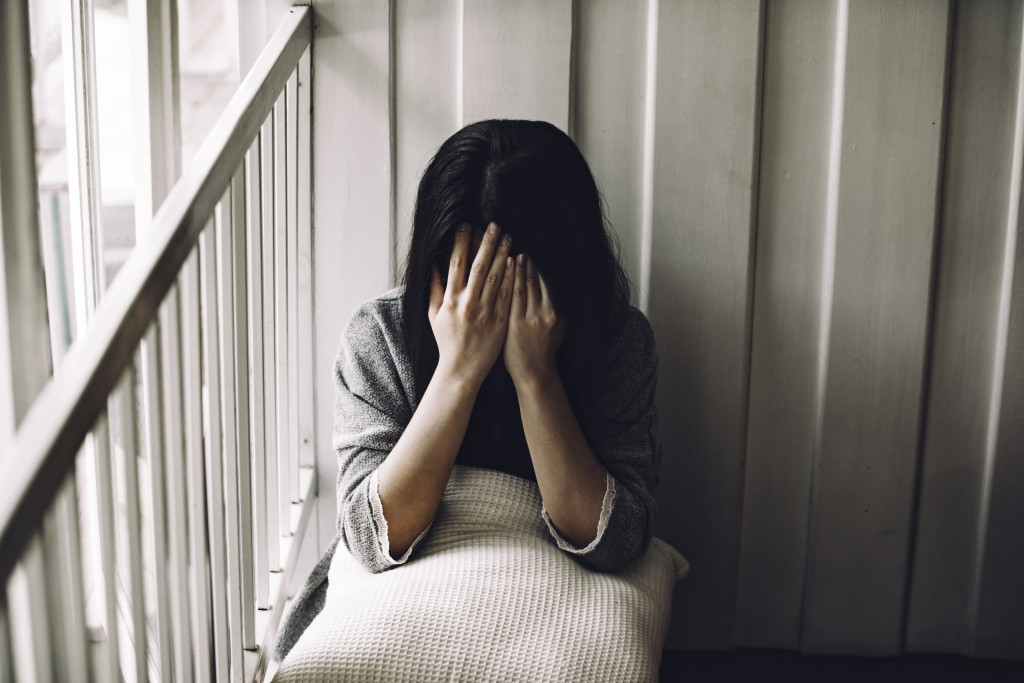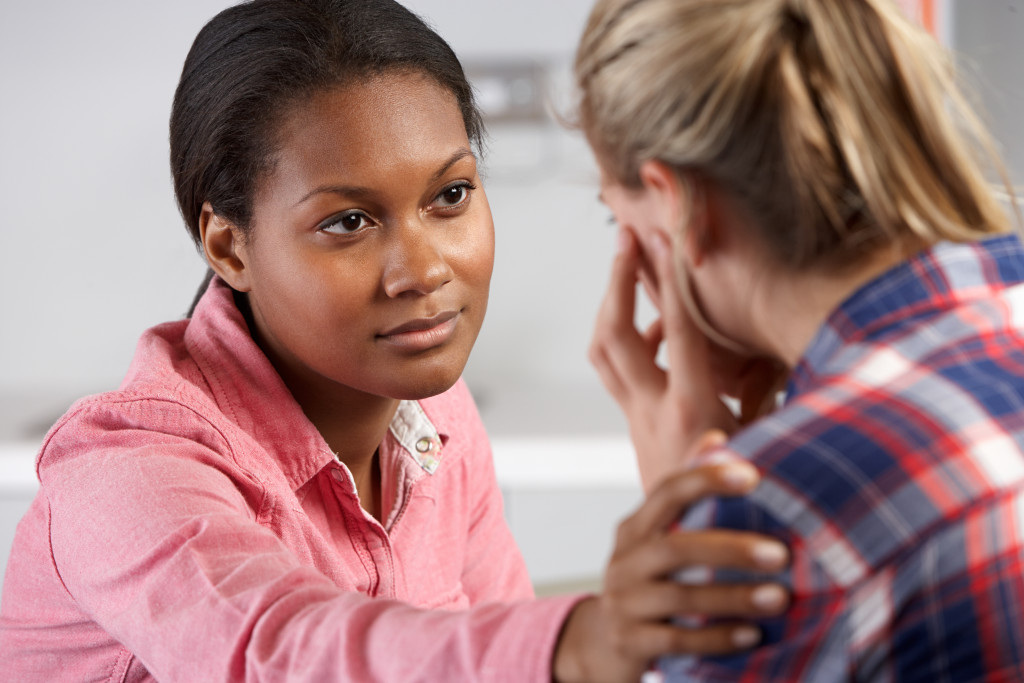To a large extent, the body can take only so much beating. At some time or another, it’s bound to reach its limits. For instance, we can only breathe underwater for a short period, whether we like it or not. But such a concept of limits applies not only to our physical body. It can also be applicable to mental health.
And there may not be a more chaotic time in America in recent history than these days. When the virus hit the nation, all hell broke loose. Businesses closed and jobs were lost. The hospitality and leisure sector lost about half a million jobs to the virus. Worse, many workers have succumbed to the virus. That only paints a sad picture for everyone, something bound to affect the mental health of even the toughest Americans. That doctor suicides recently are twice as many as the rate of everyone else’s tells us how much the struggle to contain the virus is affecting even the brightest and bravest of us.
Fortunately, there are proven measures you can take to rein in your mental health demons. Our minds can certainly play tricks on us. But if we practice a little discipline we should be able to do away with the negative whispers of a troubled mental state.
Why Mental Health Matters?

More often than not, suicide, of course, stems from a slew of mental health issues. Top of that list is depression and anxiety. With everything that’s going on, it’s no accident suicide rates are climbing.
The story of Dr. Lorna Breen, a top ER doctor working at a Manhattan hospital is telling. Athletic and outgoing, you would not think someone like Dr. Breen would commit suicide. But the realities of the times may have affected her.
Dr. Breen, the medical director of the hospital’s ER department, talked to her father days before she died about how patients in the hospital were dying before even being treated. She caught the virus herself but had recuperated after about a week’s rest. Her father noticed she sounded distant.
But mental health issues do have other negative effects, though not as pronounced as suicide. For one, you could experience eating disorders when under too much stress. Bulimia nervosa, for instance, could develop in patients who are experiencing depression and anxiety. This is the reason why experts are pointing out that comprehensive treatment and management of bulimia nervosa should include looking into possible mental health issues. Treating these underlying issues should help effectively deal with the eating disorder.
Protecting Your Mental Health
COVID-19 posed a significant challenge for everyone’s mental health. It surely looks like an uphill climb when sorrow and pain surround the nation. But these strategies should bid you well.
-
Focus on the things you can do.
Yes, the short answer is to get moving. When you focus your attention on things that you have power over, anxiety and depression will find somewhere else to stay. Take action. You do not need technology to get out of the house and get physical for instance. Staying under the sun means getting a healthy dose of vitamin D. Staying outside means giving yourself cleaner and fresher oxygen that’s bound to energize you as well as help you relax. Call a friend you’ve been wanting to call but haven’t. The trick is to keep yourself busy. When you do, sad thoughts promptly disappear.
-
Explore a tried-and-tested mental health toolkit.
It’s important you shift your attention from watching negative news regularly to feeding your mind with the positive things. Worst-case scenarios that play in your head can fuel a growing fear. What’s more, your negative energy can easily be picked up by those around you.
Thus, you should secure for yourself mental health resources that are available online. There’s a whole breadth of information that helps you master building relationships with people that are also negatively affected by the pandemic. Additionally, there’s tons of material about self-care and mindfulness that you can make the most of. Use your vast amount of time to widen your mental health tools. That way you strengthen yourself day by day.
-
Empower people.

Last but not the least, you’d do better if you reach out and empower people around you. When you take such a proactive approach you help strengthen people’s resolve to continue the fight to protect one’s mental health in these trying times.
Taking ownership of your community strengthens everyone in that community. We’re talking about being supportive to our inner circle, from our immediate neighbors to our families. And that can certainly touch lives more than anything else. A recent survey shows that public health messages about the virus that are directed to family and friends are the most effective.
By showing that you care, you reap the rewards. You keep your sanity in tiptop shape more than ever.

